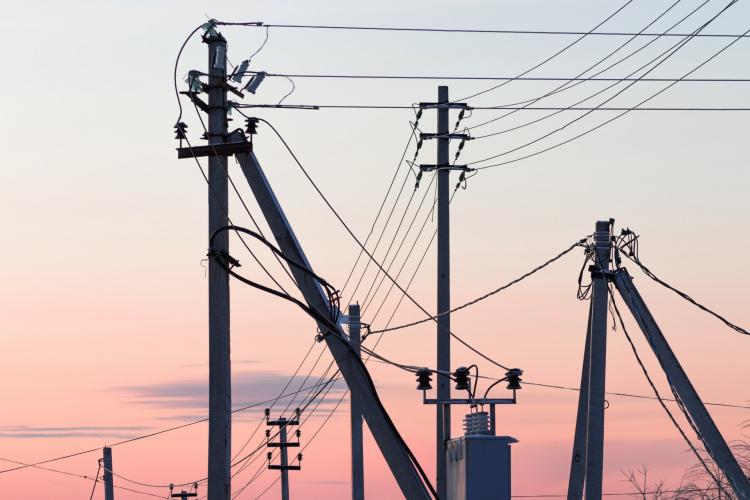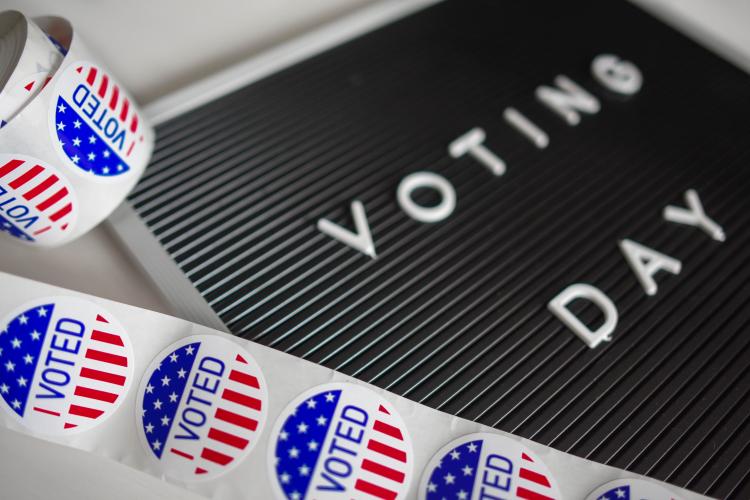City of Madison’s Step Forward Towards Net-Zero
The City of Madison recently became Wisconsin’s first municipality to adopt an energy benchmarking ordinance. Passed in March 2023, the ordinance ensures that large commercial building owners monitor their energy use and take steps to make their buildings perform at optimal levels.









